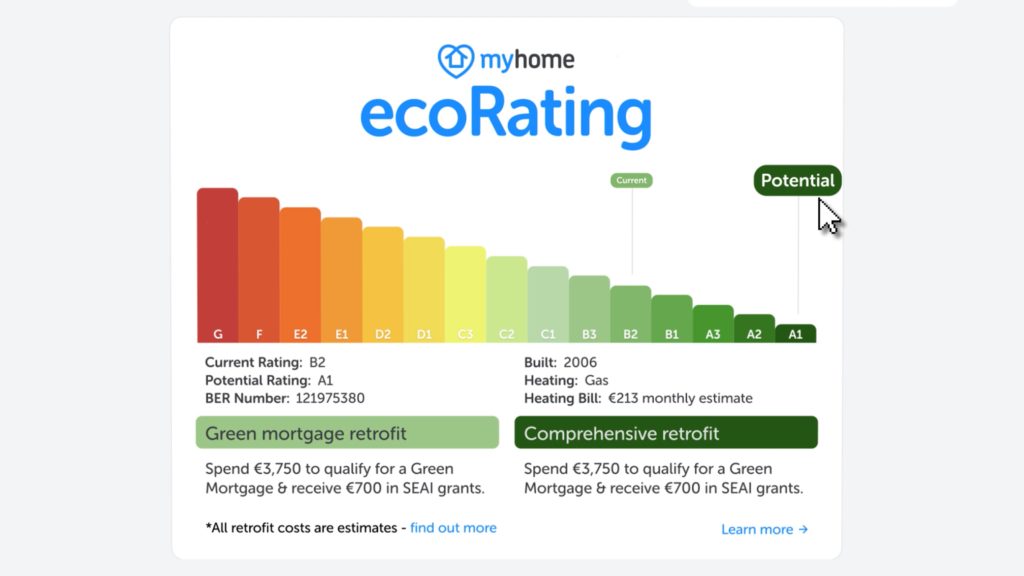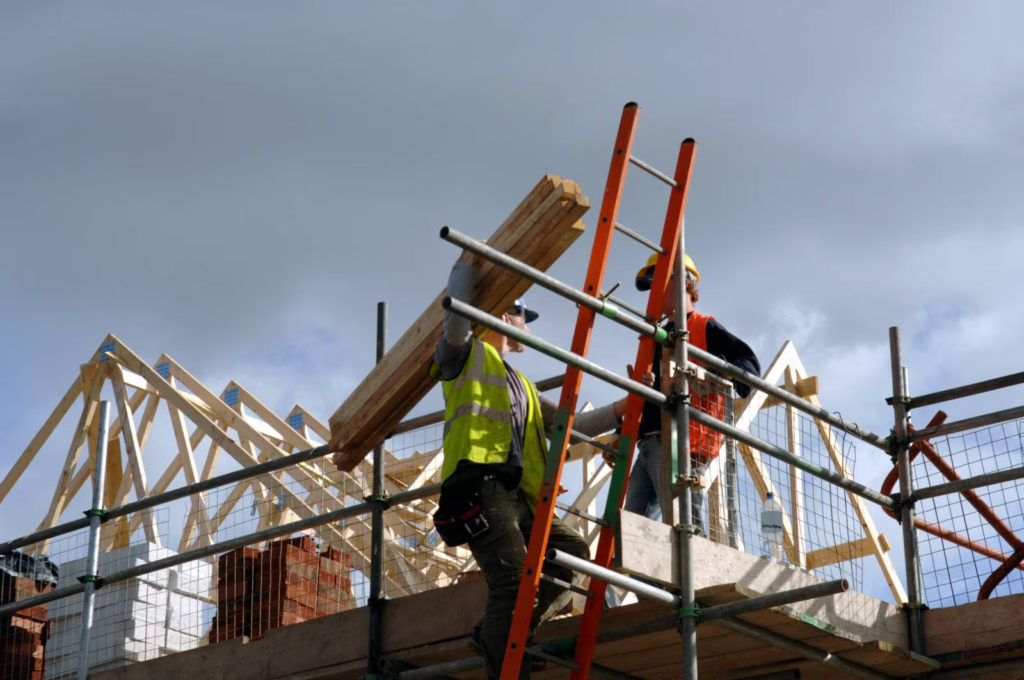Main findings:
• 52% say rise in cost of living has affected their ability to purchase
• 70% have had to look beyond their top location choice because of price concerns
• Just 12% agree that next year will represent a good time to buy property
• 59% believe prices will increase in the next year
A new survey has suggested that the rise in the cost of living is having a significant effect on prospective homebuyers’ ability to buy.
According to the survey of 2,020 people, from leading property website MyHome.ie, 52% of prospective homebuyers say the current rise in the cost of living has affected their ability to purchase a property.
Surging demand is also a critical factor with regard to sentiment around the property market at present. Just over half (56%) of respondents have finances in place to buy a property in the next year, yet 42% say they are not confident about their ability to buy in that timeframe.
House prices are a major issue, with 70% of respondents saying they have had to look beyond their top location choice because of price concerns.
Respondents do not see a light at the end of the tunnel when it comes to prices, with six in ten (59%) people believing prices will rise in the next year. This mirrors the trend seen by MyHome.ie in its recent quarterly property price reports.
Just over one in ten people surveyed thinks that the next 12 months will represent a good time to buy property, while 74% are worried about the state of the property market in general.
Joanne Geary, Managing Director of MyHome.ie, said that the findings were not surprising given the current economic climate. “The rise in the cost of living has been significant and is a source of worry for all people, so it is not surprising to see homebuyer sentiment negatively affected in this survey.
“Our recent Property Price Report for Q1 2022 predicted buildings material inflation of 18% next year, which would most likely serve to put a brake on soaring market demand.”
She added: “This could be viewed as a positive result for the market, as we need to see demand easing in order to redress the imbalance between that demand and our chronic lack of supply.”





